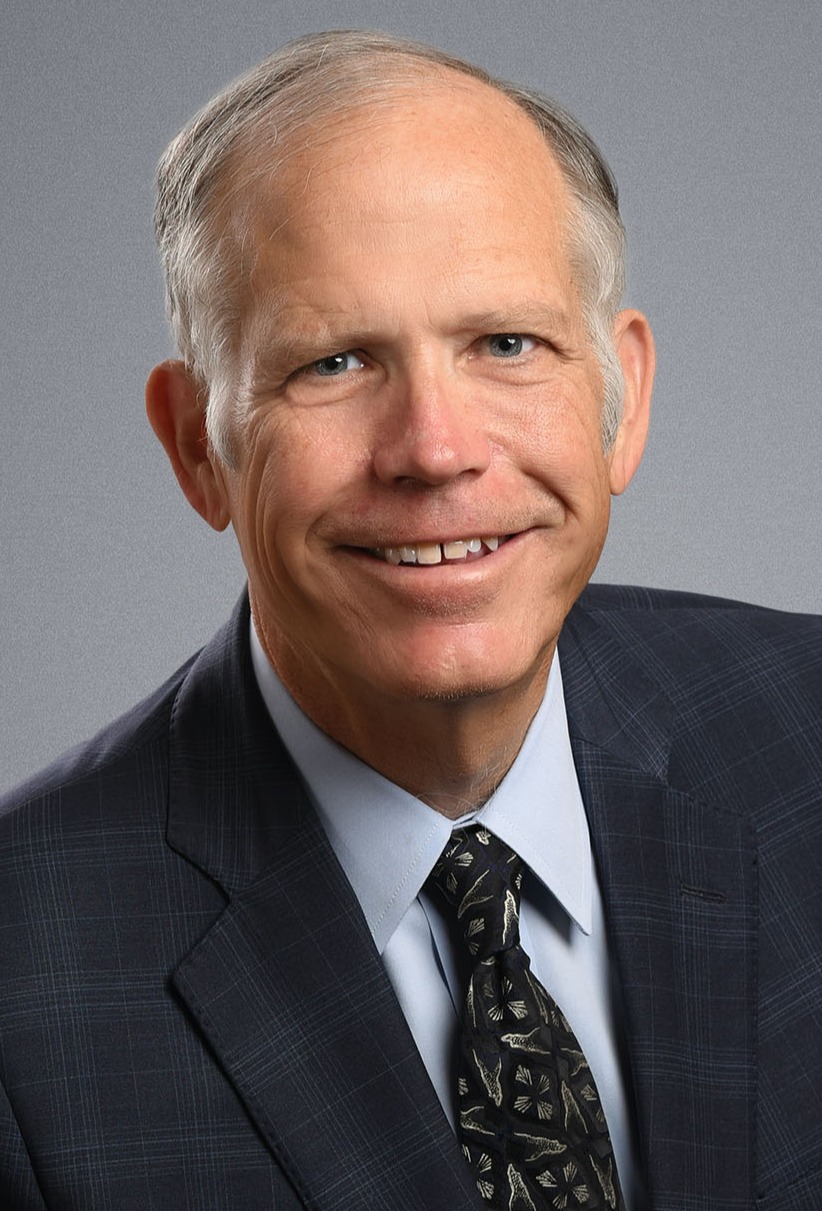Last Friday, I discussed the ramifications of affixing a secretary's certificate to a deed or instrument conveying or otherwise transferring any assets of a corporation. Today's post covers the legal effect of obtaining a certificate of...

Keith Paul Bishop
Recent Posts
Congress, not the Securities and Exchange Commission, established the whistleblower program six years ago as part of the Dodd-Frank Wall Street Reform and Consumer Protection Act. As the program has awarded over $100 million to date, it merits a...
Transactional lawyers are used to obtaining officers' certificates to back up their opinions or to deliver to the other party pursuant to a purchase or sale agreement. I wonder, however, how many buyers or secured lenders think about asking the...
Yesterday, the Securities and Exchange Commission adopted a new intrastate offering exemption under the Securities Act of 1933. Significantly, new Rule 147A will have no restrictions on offers and will not require that an issuer be organized in the...
Contractual indemnity provisions often broadly provide for the payment of the indemnified party's attorney fees. In Alki v. Superior Court, 2016 Cal. App. LEXIS 892 (Cal. Ct. App. 2016), for example, a fund administration agreement required a hedge...
Yesterday's post discussed the SEC staff's recently announced position that Item 10(e)(1)(A) of Regulation S-K requires that issuers disclose comparable GAAP financial measures before non-GAAP financial measures. Item 10(e)(1)(A) requires only that...
For at least a century, it has been said that only three things matter in real estate: location, location, location. Recently, the Securities and Exchange Commission took this old saw to heart in the context of disclosure of non-GAAP financial...
Delaware has long dominated the market for incorporations. Thus, I was surprised to see University of Nevada Law Professor Eric H. Franklin write that Nevada enjoys a 4 to 1 advantage over Delaware in corporate formations. If this seems...
In this post, Professor Douglas K. Moll attacks the question of whether a partner has "actual authority, simply as a matter of his 'partner' status, to bind the partnership to an ordinary business transaction":


.png?width=100&height=100&name=corporate_law_blogs%20(1).png)